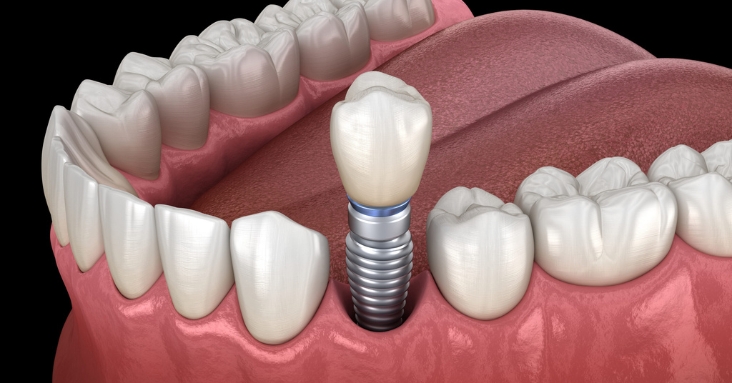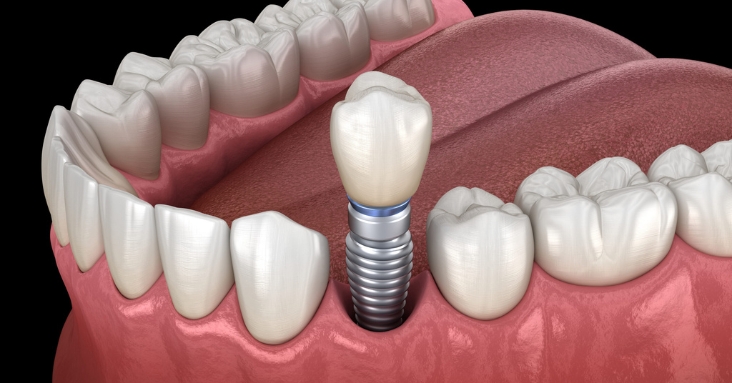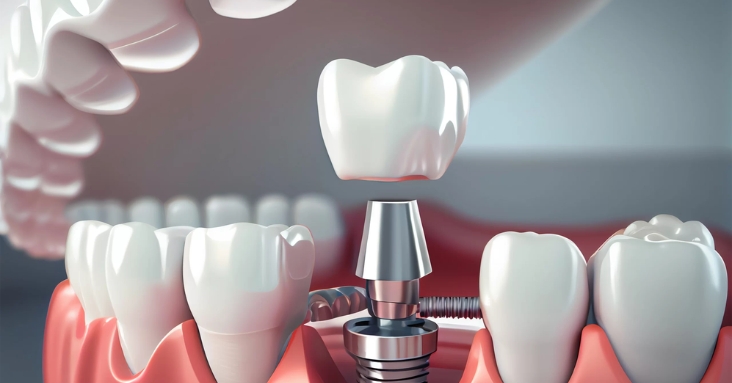Emergency & New Patients Welcome!

Tooth loss can have a significant impact on older adults, affecting both their quality of life and self-esteem. Losing teeth not only makes eating and speaking difficult, but it can also lead to bone loss and other oral health complications. Fortunately, dental implants offer an effective solution to restore missing teeth and improve overall oral function. With advancements in dental technology, older adults can now benefit from this long-lasting treatment, regaining their ability to smile confidently and enjoy life.
Understanding Dental Implants for Older Adults
Dental implants are artificial tooth roots that are surgically placed into the jawbone. Unlike dentures, they provide a permanent solution to tooth loss. Implants fuse with the bone over time, creating a stable base for replacement teeth. For older adults, dental implants offer several benefits, including better comfort, enhanced oral health, and improved functionality. Studies show that dental implants have a success rate of up to 98%, making them a reliable choice for those seeking to restore their smile.
Why Dental Implants Are Ideal for Older Adults?
Tooth loss in older adults is common, often caused by factors such as aging, gum disease, or tooth decay. While dentures were once the go-to option for tooth replacement, implants offer several advantages. Unlike dentures, which can slip or require constant adjustment, dental implants feel and function like natural teeth. This makes them an excellent choice for older adults who want a permanent and hassle-free solution to missing teeth.
Bone Preservation and Improved Functionality
A significant concern for older adults with missing teeth is the loss of jawbone density. When teeth are lost, the underlying bone begins to deteriorate over time. Dental implants can help prevent further bone loss. The titanium post used in implants stimulates the bone, preventing it from resorbing. This process is crucial for older adults, as maintaining bone density helps preserve facial structure and prevent sagging. Additionally, dental implants provide superior functionality compared to dentures, allowing individuals to eat their favorite foods without worry.
The Process of Getting Dental Implants
For older adults considering dental implants, the process begins with a thorough consultation with a dentist. The dentist will assess the individual’s oral health, including bone density and gum condition. If necessary, a bone graft may be recommended to ensure the implant can be securely placed. After the surgery, a healing period of a few months is needed to allow the implants to fuse with the bone. Once healing is complete, a custom-made crown is attached to the implant, providing a natural-looking and functional tooth replacement.
How Dental Implants Improve Quality of Life?
Dental implants offer more than just aesthetic benefits. For older adults, the ability to eat a wide variety of foods without discomfort is life-changing. Implants also help improve speech, as missing teeth can cause slurring or mumbling. Moreover, implants can boost confidence, as they provide a permanent, natural-looking solution to tooth loss. Older adults no longer have to worry about dentures slipping or falling out during social interactions, allowing them to enjoy conversations with family and friends.
Are Dental Implants Right for Older Adults?
Many older adults are good candidates for dental implants. However, the suitability of implants depends on several factors, including bone density, overall health, and the number of missing teeth. A dentist specializing in implants can help determine if this treatment is appropriate. In some cases, older adults may need additional procedures like bone grafting to ensure a successful implant procedure. It’s important to consult with a dental professional to discuss all options and determine the best course of action.
Key Considerations for Older Adults
While dental implants are generally safe and effective, older adults should be mindful of a few key factors before moving forward with the procedure. Chronic health conditions, such as diabetes or heart disease, may require additional monitoring during the implant process. Smoking can also negatively affect the success of the implants, as it can interfere with the healing process. Proper aftercare, including regular dental checkups and good oral hygiene, is essential to ensure the long-term success of dental implants.
Dental implants provide a life-changing solution for older adults suffering from tooth loss. Not only do they restore function, but they also enhance confidence and improve quality of life. With advancements in dental care, older adults can enjoy the benefits of a permanent tooth replacement that feels and functions like their natural teeth. If you or a loved one is considering dental implants, it’s crucial to consult with a qualified endodontist to determine if this treatment is right for you.



